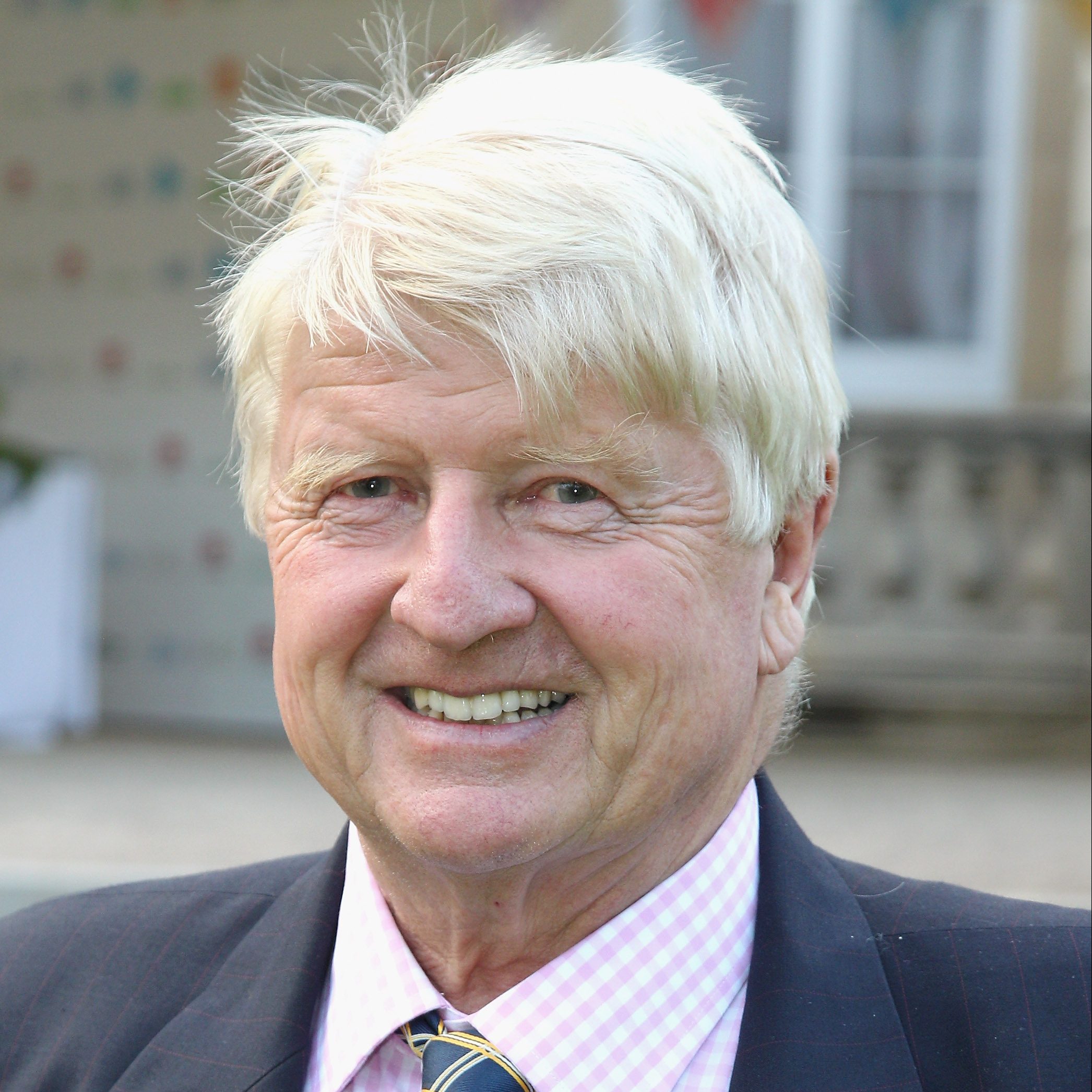Interview: Stanley Johnson
Marianka Swain talks to the country crusader and father of Boris


Reaching Stanley Johnson's farmhouse deep in an Exmoor valley requires an Indiana Jones-style journey scaling steep hills and crawling over narrow bridges and cattle grids: ‘You have to be pretty determined to get here.’ It’s a welcome escape from the attention the Johnson family has endured in the build-up to son Boris’ election as Mayor of London, and Mr Johnson refers to the farm, which also provides a country retreat for his sister, Birdie, and daughter, Rachel, as ‘the Johnson Compound’.
The 500-acre farm has been in his family since 1951 ‘we couldn’t celebrate our 50th anni-versary because of foot-and-mouth’ and, at nearly 1,200ft, has heart-lifting views over Somerset. ‘As a small boy, it had an enormous impact on me, and Exmoor has been a dominant feature of my life ever since.’ During his career as a Conservative MEP, Mr Johnson was on the Countryside Commission, looking after national parks and ‘keeping an eye on my own backyard. What really matters here is the farming community, so I’m very anti the hunting ban.
There was an unspoken pact between farmers and the hunting folk, but now, it’s down to poachers, or farmers trying to keep the balance themselves, which is ineffective and environmentally unsound. Hopefully, it’s a debate David Cameron will reopen if he’s elected. ‘I can understand that Boris didn’t want to make a big thing of his farming origins, and didn’t want hunting to become the major issue. However, in due course, he’ll discover that there are many people on Exmoor with London pied-à-terres and voting rights, so the urban fox, as well as the rural, may well get its comeuppance.’ What, however, of Mr Johnson’s own political career?
Referring to recent speculation about him standing for his son’s vacated seat at Henley, he says: ‘I think I’m done with politics now, or perhaps it’s done with me.’ Instead, he’s focusing on his 11 grandchildren ‘we could field a cricket team. I’m a terrible role model, however’. Mr Johnson spends a large part of his time on environmental excursions around the world. Is it a shock going from his Exmoor Eden to exotic destinations? ‘Not really. I actually feel London is more foreign.’ Following an adventurous gap year ‘I went into a pilots’ bar in Brasilia and cadged a lift to Rio’ he was part of the 1980 British Antarctic Survey, and has sought out orangutans in Borneo, tigers in India and gorillas in the Congo, the latter as a Gorilla Organisation trustee. He dismisses my comment that he’s intrepid, and that he has achieved a huge amount: ‘I’ve just been lucky. Plus I’ve been around a long time.’
At 67, he shows no sign of slowing down. ‘I really want to see snow leopards in Kurdistan.’ He’s also collaborating with Butterfly Conservation to preserve the rare high brown fritilliary butterfly on his farm. ‘It’s a very picky eater; it only likes violet leaves. After a lifetime of travelling, it’s good to do conservation work on my doorstep.’ As well as continuing his environmental work at home and abroad, Mr Johnson wants to develop his ‘wordsmithing’ further. His first writing success came with Oxford University’s Newdigate Prize for Poetry; the winning entry, May Morning, written in Chaucerian rime royal, was about dawn on Exmoor (an inescapable inspiration).
‘My life has come full circle: I started off writing, and now I’ve come back to it. I’m keen to try something new. Anecdotage is a real skill. At 3,000 words, you can go on a bit, but in a column, you jolly well make sure every word counts.’ However, Mr Johnson’s work is not only pithy, it has also proved remarkably prescient. His 1968 novel Panther Jones for President features America’s first African-American president, and the 1999 Icecap revolves around a search for Arctic rocks that absorb carbon, a fictional solution to our current global-warming crisis. Mr Johnson prides himself on being ahead of the curve: ‘I was the first Conservative desk officer on the environment, and I wrote The Politics of Environment in 1973, long before the subject became a hot topic.’ Does he have any more predictions? ‘A Conservative victory!’
Sign up for the Country Life Newsletter
Exquisite houses, the beauty of Nature, and how to get the most from your life, straight to your inbox.
Country Life is unlike any other magazine: the only glossy weekly on the newsstand and the only magazine that has been guest-edited by HRH The King not once, but twice. It is a celebration of modern rural life and all its diverse joys and pleasures — that was first published in Queen Victoria's Diamond Jubilee year. Our eclectic mixture of witty and informative content — from the most up-to-date property news and commentary and a coveted glimpse inside some of the UK's best houses and gardens, to gardening, the arts and interior design, written by experts in their field — still cannot be found in print or online, anywhere else.
-
 What should 1.5 million new homes look like?
What should 1.5 million new homes look like?The King's recent visit to Nansledan with the Prime Minister gives us a clue as to Labour's plans, but what are the benefits of traditional architecture? And can they solve a housing crisis?
By Lucy Denton
-
 Having a ruff day: Kennel Club exhibition highlights the plight of vulnerable spaniel breeds
Having a ruff day: Kennel Club exhibition highlights the plight of vulnerable spaniel breedsPhotographer Melody Fisher has been travelling the UK taking photographs of ‘vulnerable’ spaniel breeds.
By Annunciata Elwes